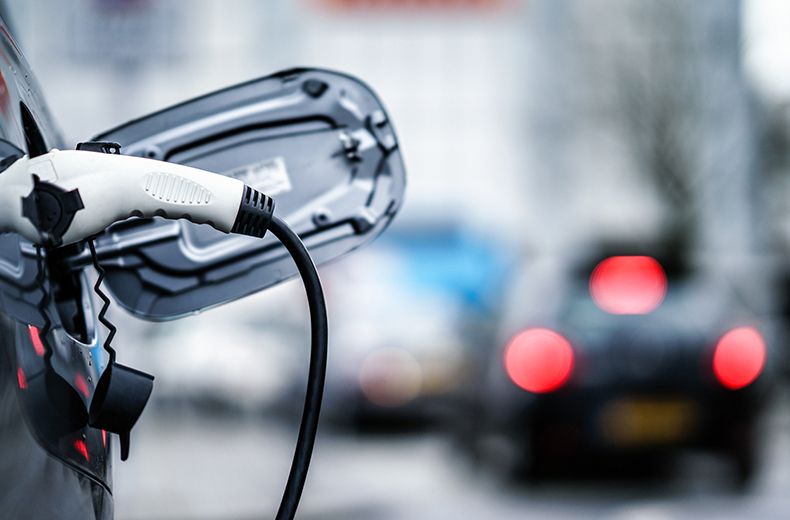New analysis from the Society of Motor Manufacturers and Traders (SMMT) shows that there are now 102 models of EV available to customers that classify as ‘zero emission’ vehicles.
The numbers show that so far this year, demand for new EVs has increased by 10.6% - meaning that more than 100,000 drivers have made the witch to electric in 2024.
Almost a third (29.3%) of all models on the new car market available are listed as zero emission.
SMMT have also highlighted the importance of increased range for new EVs, and why the issue of ‘range anxiety’ is decreasing with British drivers.
Their data shows that the average EV range is now 236 miles, rising to nearer 300 for models launching later this year.
In fact, some models available to customers have maximum battery ranges in excess of 450 miles.
This is more than three times the average distance drivers travel in a week across Britain.
Mike Hawes, SMMT Chief Executive, commented: “Manufacturers are delivering on their promises to drive down emissions and bring ever more electric car choice to consumers. More than 100 models are now available across every segment – a six-fold increase on 10 years ago – showing the pace of change.
“The industry can only do so much on its own, however, and if we are to make EVs open to all and drive the net zero transformation we all need, further support is required.
“It’s time to reform taxes on these vehicles, to make public charging more affordable, quicken the pace of chargepoint rollout and, put to bed some of the myths about these crucial vehicles. They are the future and they’re available now.”
What do EV drivers make of the state of the industry?
According to the RAC Report on Motoring, there are high levels of dissatisfaction amongst drivers who already own an EV – highlighting the challenges facing the industry as it continues to grow.
Only 43% of the 2,937 drivers who were surveyed believe it is easy to use public charging points, while 79% report finding public charging points not working when they are needed.
More than half (54%) say they have had to wait for a public charging point to become available on several occasions over the past 12 months, while 42% say the increased cost of public charging means they are using this type of charging less.
That said, 70% of drivers believe it is reasonable that the fastest public charging points should cost more to use, while 88% say more of these devices should be added to the national network to make charging easier and more convenient for everyone.
A significant majority (82%) think there are too many different apps and websites used to administer public charging points, while three-quarters (74%) of electric car drivers say the rate of VAT levied on electricity supplied by public charging points should be cut from 20% to 5%, in line with the rate on domestic power. Nonetheless, only 17% say recent rises in the cost of electricity have made them consider reverting to a petrol or diesel vehicle.

RAC sale – up to 33% off*
• Roadside cover from £5.29 a month†
• We get to most breakdowns in 60 mins or less
• Our patrols fix 4/5 breakdowns on the spot











